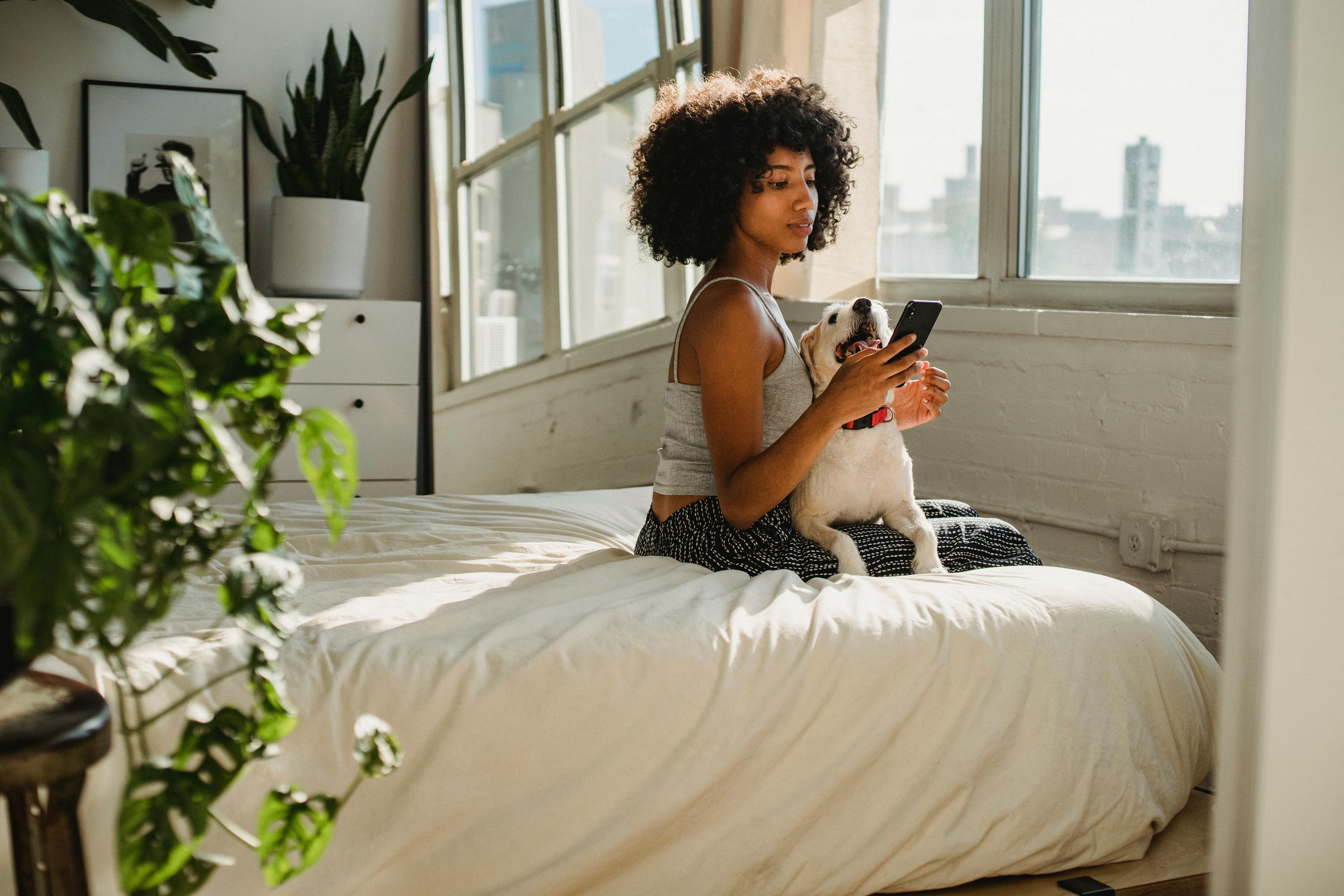
Shelter dog adoptions, the considerations
The first thing to consider is why you want to adopt a dog. Dog adoption is a lifetime commitment, so make sure this is something you really want to do. Ask yourself the question, “does a dog fit into my lifestyle?” Becoming a dog owner means accepting ownership responsibilities for at least 10 to 15 years. These responsibilities include your time. Especially exercise time, grooming and company every day of each year. Another responsibility is financial commitment. Financial considerations include regular vet visits, emergency vet visits, spaying, neutering, licensing, training, grooming, toys, and especially treats. Having a dog has a cost. Make sure you can afford it.
Let’s discuss some considerations you should make before adopting.
Is it allowed to have a pet where you live? Rental properties may not allow pets or, if they do, may have restrictions. Make sure you know your circumstances before adopting.
Is your house suitable for the dog you have in mind? A large dog in a small apartment will not work. Similarly, a small yard for a dog that requires a lot of room to roam will not be happy. Do your research before making a dog selection, keep in mind what your dog’s needs are and what you have to offer meets those needs.
Next, consider whether you’re prepared to deal with the special problems that dog ownership can bring. These problems include flea infestations, scratched and chewed furniture, house training accidents, and of course, shedding. To minimize these problems, you must be prepared to interact with, inspect, and groom your dog on a daily basis. Check for fleas and ticks, encourage them to play with toys, brush their coat daily, and teach them to be house-trained.
Have you thought about the arrangements for caring for the dog when you are not available? Do it yourself. For example, when work takes you far away or when you travel on vacation. Arranging for a babysitter or paying for shipping will be your only options.
Once you’ve considered all of these aspects of dog ownership and are ready to accept them, adopting a dog from an animal shelter is one of the most responsible decisions you can make.
Animal shelters have a large selection of adult dogs, mixed and purebred dogs, along with younger dogs and even puppies. Once a responsible shelter receives a dog, they will conduct an evaluation for aggression, temperament, and general health. If the dog is a surrendered dog, the shelter will collect as much information about the dog from the previous owner. A stray dog brought to them will be observed and their interactions with staff and other dogs will be documented. This information can be valuable in determining which dog to choose.
If it’s an effort to make a good match between the new owner and the dog, many shelters provide adoption counseling and follow-up assistance. This assistance includes items such as pet breeding and training classes, veterinary services, and behavioral counseling. If your particular shelter does not provide these services, they should be able to refer you to a business that does.
What should you look for in a healthy dog? A healthy dog has clear, bright eyes, a clean, shiny coat, does not appear overweight or thin, and does not show signs of illness such as a runny nose or diarrhea. Choose a dog that is active, friendly, curious, and not afraid of you. The dog must accept gentle treatment and not show signs of aggression.
One advantage of adopting from an animal shelter is its great value. The adoption fee in my area is $90. For this amount, the dog will be tested for heartworms, microchipped and registered, given a physical exam by a veterinarian, spayed or neutered, vaccinated against rabies and dewormed.
Once you have selected a dog, you need to prepare it before you bring it home. You will need to prepare a place for him to eat and sleep, have all the necessary accessories, feeder and drinker, collar, leash, identification plate, bedding and toys. Consider protecting your home against pets. Any items that could harm a dog, electrical wiring, toxic chemicals, and the like should be put away. If your dog is a domestic dog and when no one is home, one option to prevent harm to the dog and damage to household items is to place your dog in a travel crate with plenty of food, water, bedding, and toys. until someone arrives. home.
You’ve chosen your new best friend, you’ve brought him home, and now you’re preparing for a lifetime of unconditional love and dedication from your newest family member. Be aware of the stress and anxiety that builds up during these first few days and weeks. You and your dog are learning from each other, but there will be times of stress, anxiety, and difficulty.